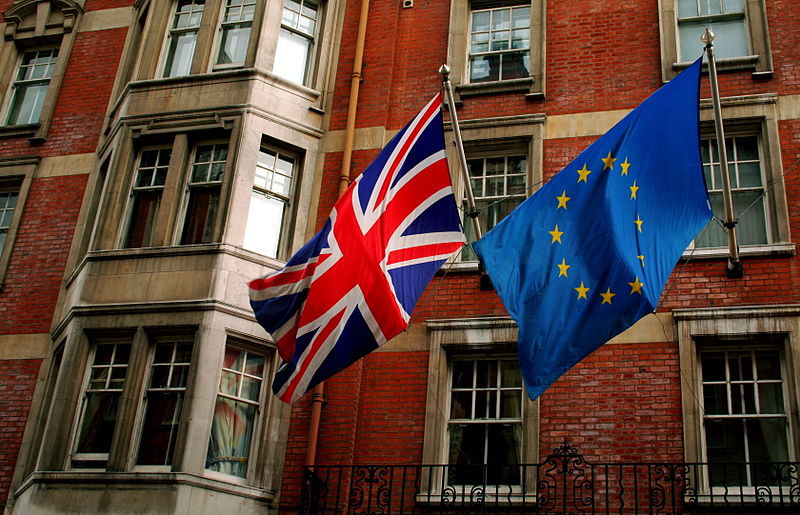In November 2016, following a claim brought by campaigners, the High Court ruled that the support of Parliament was required in order for Brexit negotiations to begin. The government subsequently appealed, taking the matter to the Supreme Court, who today rejected their claim.
Commenting on the ruling was Charles Brasted. The partner at international law firm Hogan Lovells stated: “The Claimants argued that an Act of Parliament was required to authorise the triggering of Article 50, and the Supreme Court has ruled (by a majority of 8 to 3) that they were right.
“This does not mean the end of legal issues relating to the Brexit process but it does mean that the focus of that process now shifts to Parliament. Ministers have been managing expectations for some time, and they will no doubt be ready to react quickly. The Government will be looking to get a Bill through quickly. The expectation is that it will be able to do that. However, there is a real risk that the Government may have to make concessions on parliamentary involvement in the process along the way.”
He went on to acknowledge the Court’s decision in relation to the devolved legislatures.
“From a practical perspective, it will be at least as important for the Government that the Court confirmed that it has no legal obligation to consult any of the devolved legislatures in Scotland, Northern Ireland or Wales – something which could have caused material delay, not least given the forthcoming Stormont elections. However, the Court did emphasise that the convention acts as a political constraint that plays an important role in the operation of constitution.”
Mr Brasted also highlighted the concept of an article 50 notice being revoked after the EU departure has begun.
“It may surprise some that the question of whether an article 50 notice could be revoked by the UK after the Brexit process has been triggered remains unanswered. The Government expressly resisted this issue being ruled on even though the Divisional Court noted that, if it could be revoked, the claim would be “blown out of the water”. It is a question that could only ultimately be determined by the Court of Justice of the European Union, and other claimants have already come forward seeking to have that question decided. “
He concluded by acknowledging the relevance of the decision in relation to public law.
“More broadly, this ruling will be studied closely by constitutional lawyers as it addresses a number of central issues, including the interplay between the Government’s executive powers in international law and legislative sovereignty, the powers of the Court to supervise the exercise of prerogative powers particularly where existing law or rights are affected, and the fundamentally political, not legal, nature of the Sewel Convention on consultation of devolved legislatures. However, the Court was at pains to say that its judgment reflects well-established constitutional principles. “




















